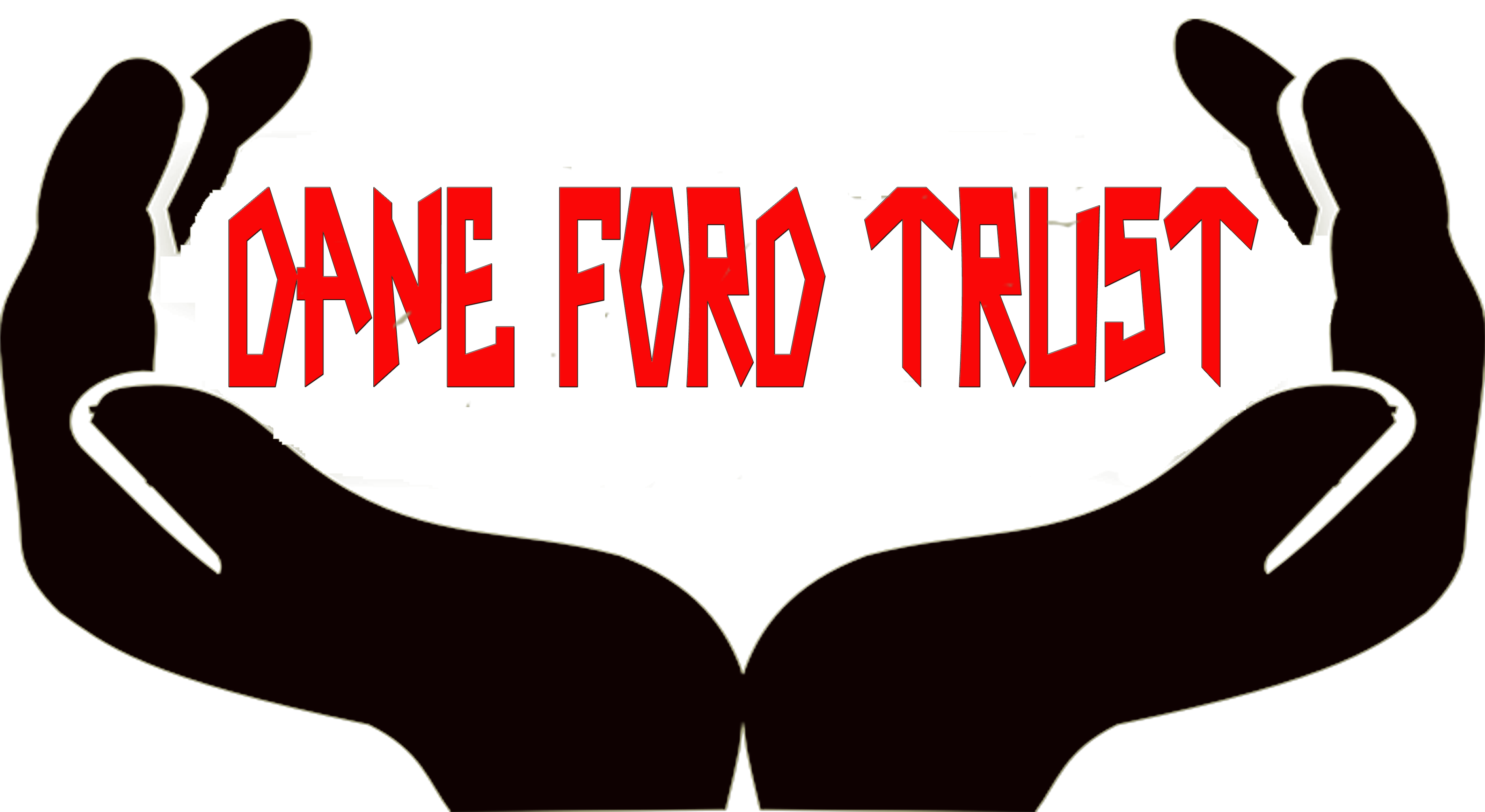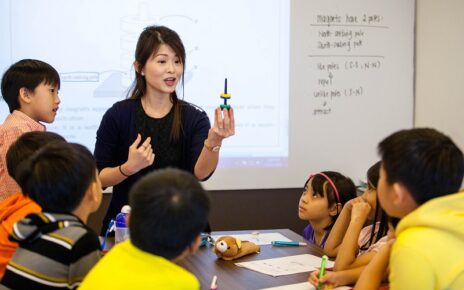Education is the bedrock of a progressive society, an illuminating journey that empowers individuals to unlock their full potential and shape the world around them. It is a transformative force that transcends barriers, bridging gaps and fostering a culture of intellectual growth. From the earliest stages of childhood to lifelong learning opportunities, education enriches lives, cultivates critical thinking, and equips individuals with the tools necessary to navigate an ever-evolving world.
At its core, education is not merely a means to acquire knowledge but a catalyst for personal and societal transformation. It nurtures young minds, encouraging curiosity and instilling a love for learning that extends far beyond the confines of a classroom. It fosters creativity, enabling individuals to explore their passions, develop innovative ideas, and contribute to the cultural and intellectual fabric of society.
Education empowers individuals, especially those from marginalized backgrounds, by providing them with equal opportunities for growth and success. It serves as a powerful tool to break the cycle of poverty, discrimination, and social inequality. By offering quality education to all, regardless of socioeconomic status or gender, societies can foster inclusivity and create a more equitable future.
Furthermore, education cultivates critical thinking and analytical skills, nurturing individuals who can question prevailing norms and challenge the status quo. It encourages independent thought, enabling individuals to form their own opinions based on evidence and reason. In an era of misinformation and fake news, education equips individuals with the ability to discern fact from fiction, promoting a more informed and engaged citizenry.
Education is not confined to traditional classrooms; it encompasses a wide spectrum of learning experiences. The advent of technology has revolutionized education, opening doors to innovative teaching methods and expanding access to knowledge. Online platforms, e-learning tools, and virtual classrooms have made education accessible to individuals across the globe, transcending geographical boundaries and creating a global community of learners.
Moreover, education goes beyond academic knowledge, encompassing the development of essential life skills. It instills values such as empathy, tolerance, and respect for diversity, nurturing socially responsible individuals who can contribute to a harmonious and inclusive society. Through extracurricular activities, arts, sports, and community engagement, education shapes well-rounded individuals who are not only academically proficient but also compassionate and empathetic.
The benefits of education extend far beyond the individual. A well-educated society reaps the rewards of economic growth, innovation, and social cohesion. Education fuels economic development by equipping individuals with the skills needed for a rapidly changing job market. It fosters entrepreneurship, creativity, and critical thinking, driving innovation and shaping industries of the future.
Furthermore, education is vital in fostering global citizenship and addressing pressing global challenges. It promotes cross-cultural understanding, empathy, and collaboration, creating a more interconnected world. Education plays a pivotal role in tackling issues such as climate change, poverty, and inequality by raising awareness, inspiring action, and equipping individuals with the knowledge and skills to drive positive change.
However, the transformative power of education can only be fully realized if it is accessible to all. Unfortunately, many individuals still face barriers to education, whether due to poverty, gender inequality, or lack of infrastructure. To create a truly equitable society, it is imperative that governments, organizations, and individuals work together to remove these barriers and ensure that education is a fundamental right for all.
In conclusion, education is a transformative force that nurtures minds and shapes futures. It empowers individuals, fosters critical thinking, and promotes social equality. Education goes beyond the acquisition of knowledge; it instills values, cultivates essential life skills, and creates engaged global citizens. By investing in education and making it accessible to all, societies can unleash the untapped potential of individuals and pave the way for a brighter and





